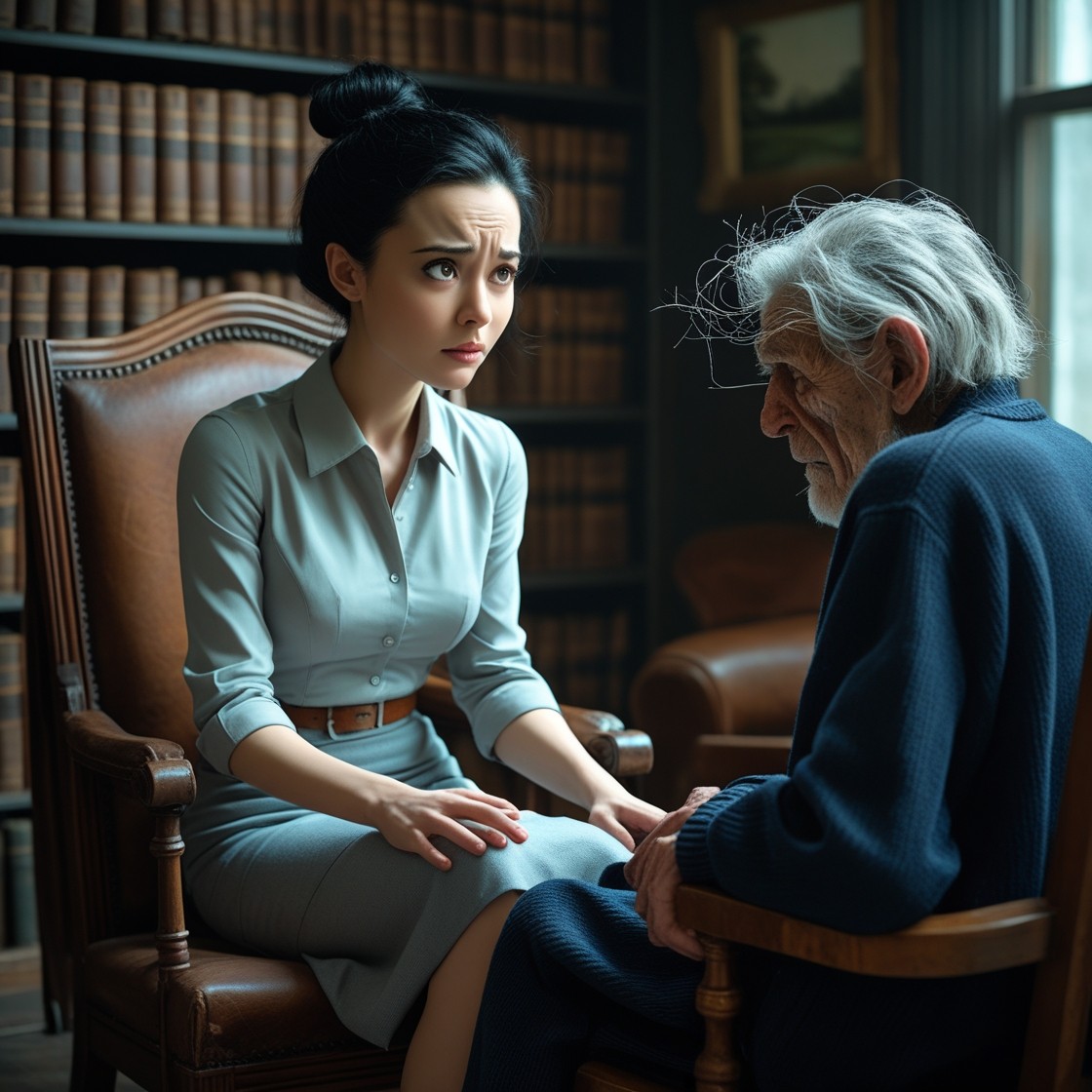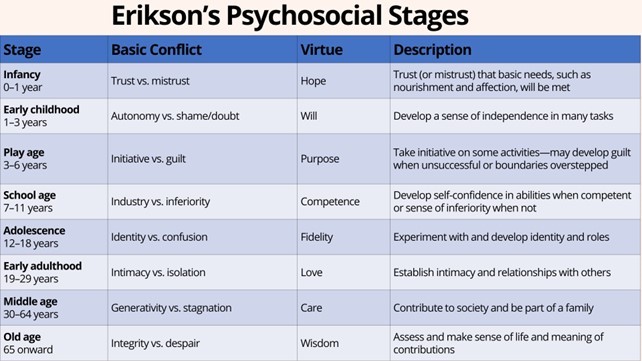
Well, I suppose at its simplest, for a long time, old age was when you were over sixty-five. Now it seems to have moved to between seventy and eighty. Certainly, working age is going up. However, in direct contrast to this, the view in mainstream society is that the beginning of old age starts at fifty, driven of course by insurance companies telling you now is the time to start preparing for old age so as not to burden your family later. Confusing isn’t it? Maybe we should create a special demographic for these “Tweenies”.
For most people, old age comes after working age, when the body is no longer able to do the physical activity that most work used to demand. Nowadays, with less physically demanding work, the age of retirement can be stretched at will and can be a matter of choice. For some, those who love their work, it’s great, but for others the story is very different.
Unfortunately for most people, the body often ages faster than the mind can keep up with. After a “certain age “, looking in the mirror seems like a chore rather than a blessing. But why should this be so?
Well, apart from looking like a creased version of yourself, flexibility, balance and stamina also start to decrease. Your memory recall seems to come and go at will and you don’t always process information as fast as you used too; except in the areas where you use certain skills every day. If you are fortunate enough not to succumb to dementia, or other forms of cognitive impairment such as Parkinson’s, these physical and mental changes remind you that whether you like it or not, your mind and body are no longer growing into their full glory, but are now, having peaked, started the long process of winding down whilst trying to fend off insults such as cancers and organ problems. If you are lucky, this process won’t be completed until you are in your eighties or even longer. If you are even more lucky, you will not have too much physical and mental discomfort to deal with as this happens. Your life experience and ability to problem solve round any little glitches will allow you to carry on unhindered until the end, doing more or less what you want too. Learning and developing is possible throughout the life span, but the way you do it changes as a person ages. I know three people who got their first degrees in their seventies. One of them said it was really easy as he had been learning about the subject as a hobby for most of his life. He just wanted a degree to prove that if he hadn’t had to leave school at fourteen, he did have the brains to go further.
As you can see, older people still have ambitions and things to offer, something that younger cohorts often forget.
Advertisers make a fortune telling people that they can either slow, or even reverse the aging process and in particular what you look like. This is not true. You can do things that help you to stay healthy and active into old age, but you cannot halt or reverse the process, any more than you can reverse the process of growing from a baby to an adult. The message given out is that “real people”, are those that fall into the category of about ten to forty. Anyone either side of that is becoming, or already is, a burden on society. Younger age groups are tolerated more because of their future usefulness; older people are seen as giving no return. I am not talking about individuals here, but how society in general grades groups. Other groups that suffer similar disfavour are the mentally or physically impaired, and believe it or not, people who are considered ugly, by today’s standards!
Old age can seem very unfair. You have now acquired all the experience that you need to have a truly fantastic teenage and adult life and your body is refusing to cooperate. Youth is wasted on the young!
At work, I have just finished writing a paper on conducting therapy with older people. Many younger colleagues are very nervous about working with people who could be their parents or in some cases grandparents. Others think that feeling depressed or anxious in old age is part of a natural response to aging.
They worry about how to make a therapeutic alliance with someone who in many ways seems quite alien to them and whom they believe might be capable of telling them off.
I ask if they would feel that way if they were a doctor diagnosing and treating a physical disorder. The answer is always no. On reflection, this is because parts of the body can be separated from the personality and dealt with in a more mechanical and abstract way; more “scientific” in a hard science way. The mind and the social constructions that surround it however, cannot be separated in that way. Because of this, working with the mental states of others, even at quite a low level can feel more intrusive than operating to take out someone’s appendix.
To some psychologists and therapists it feels cheeky, or sometimes even rude to delve into an older person’s mind in this way, even if it could help them find a way to enjoy life more, or manage a medical problem.
As a result, inexperienced mental health staff can often be seen to swing between treating older adults like children, or not doing anything much with them at all except offering medication and a weekly trip to the day centre, for fear of giving offence or being criticised.
Yet as a society, we have never valued parents and grandparents less, blaming their generations for all the ills of the world we now face and refusing to learn from their experiences because of this belief. They are considered a burden on the young in society and are the first to be penalised if more taxes are required and no doubt will be the first up when euthanasia becomes mainstream, especially if they have mental illnesses problems. The fifties and over according to advertising and mainstream culture are even more abhorrently selfish if they have not paid for in advance, a cheap cremation plan and also taken out life insurance at the same time. The idea that boomers and the subsequent generation that followed them should be entirely responsible for the financial needs of their children from cradle to grave, plus bringing up any grandchildren, so that the parents can have a career and regular “breaks” away from work, is considered normal nowadays.
Any grandparent not bankrupting themselves or unwilling to run round after a toddler five days a week is considered typical of the selfish over paid, had it all generation that the poor younger generations are having to work until they drop to provide a pension for.
At the same time, younger generations are unable to engage with the older generations about social and emotional topics in person and still feel fearful of challenging them face to face even in an exploratory way; without considerable support and back up, or from a distance such as social media or comments sections.
I’m not by any means saying that all younger generations are like this, but, that this view of the differences between the generations is the “right think” message that politicians and the mainstream want them to react to, backed up with endlessly tedious whinging by “young influencers “ in the main stream press.
Looking at the impact of this on the belief systems of younger clinicians, it seems that this unease starts to become problematic when the person whom they are treating is more than about fifteen to twenty years older than they are. The greater the age difference the more the unease.
My advice is to try and forget the chronological age and what they look like and focus on how they experience themselves in the world and what the problem is.
Most people over fifty don’t see themselves internally as they way they look externally. The picture in their mind is usually somewhere between the mid-thirties or early forties. You might say at maturity, but without any obvious signs of decay!
The problems of older age are the problems of any age, with one notable exception; less time to start again or make things right if needed.
Because of this, some the greatest challenges to this group are coming to terms with the past and accepting that some things may never be achieved. The second of these things can apply to any age, but for older people, time is often the deciding factor.
Time is very important to humans. No matter how many times we are told that nothing in life is guaranteed and that you can die at any age; we all still expect to live until at least seventy and nowadays, beyond that. Thus, when we get past fifty, we consider ourselves to be “in the second part of life”, or, “on the downward slope”, as one of my uncle’s used to say; completely ignoring the fact that most of the world’s population never finished the first stage until recently and a lot still don’t. Instead of giving thanks for every day, we measure time in chunks and talk about how much time is left, to do this that or the other as we get older and what sort of things people of the same age are expected or considered able to do as our standard for engaging for engaging with the world.
Whether you need mental health services in older age, depends quite a lot on what has happened to you and how well you have coped with it and adapted.
Erickson invented a psychosocial stages model of the lifespan incorporating the things people needed to accomplish or come to terms with to have good mental health in old age. This is not a linear progression, as people go back and forth according to circumstances. It is a psychosocial model of maturation.
I have reproduced it below.

To many people, even those who are clinically trained, old age often seems as mysterious and unknowable as infancy and early childhood. Perhaps that’s why all the aging celebs keep going for plastic surgery; to force the outside to conform to the needs and feelings of the underdeveloped inside and to stay “relevant “, whatever that means.
Either way, tarting up the wrapping can only disguise what the rest of the body is doing for so long. A lot of people seem to believe that it is their right to be twenty five forever and dread moving past this magic stage in their lives. All I can say is that they will be dragged kicking and screaming into old age whether they like it or not, whatever they do.
My advice? Forget your chronological age and work with your mind and body as it is today, to get the most out of your day whatever that turns out to be.
If you are of a younger generation, listen to at least some of the things your grandparents say. Their hard-earned wisdom could save you a lot of heartache and prevent you from having to learn everything the hard way yourself.
Now that is a gift worth having.